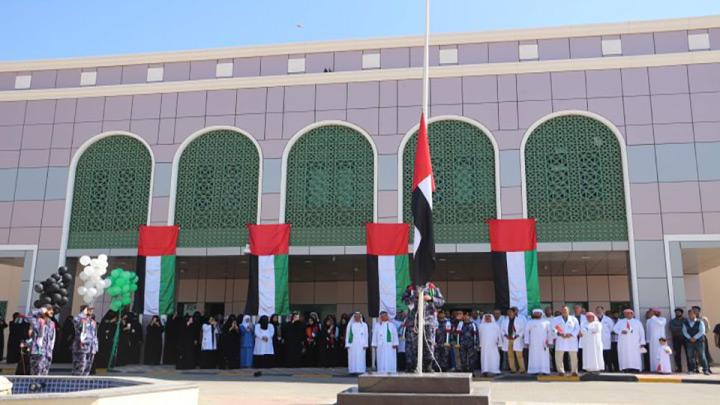As the COVID-19 pandemic hit, governments reacted with lockdowns, and people stayed home to prevent the spread of the virus. Health care workers at the Ministry of Health and Prevention (MOHAP) in the United Arab Emirates realized they needed to keep patients at home, while still making sure those with chronic conditions continued to receive their maintenance medications.
“The lockdown was crucial to protect them from potential COVID-19 exposure,” said Ghariba Khamis Al Suwaidi, MD, head of pharmacy, Al Amal Psychiatric Hospital. “We wanted to avoid any discontinuity in care resulting in an avoidable adverse impact on their health. Continued access to chronic medications is normally received at hospitals, and they are evaluated by a pharmacist who issues their next batch. They also receive education regarding their condition and medications.”
The process had to be redesigned to provide the service virtually without compromising patient safety, convenience and satisfaction. Employees worked alongside the Cerner ITWorksSM team to quickly deploy a new program to keep patients up to date on their refills. MOHAP and Cerner began developing the program in March 2020 and deployed it the following month.
Utilizing a scripted custom MPage®, pharmacists can view a daily worklist within their workflow which highlights patients with prescription refills due. Pharmacists reach out to the patient letting them know a refill is needed. After consulting with the patient and the patient agreeing to a refill, the pharmacist utilizes Cerner OPENLink™ to create a text message that the prescription has been refilled. A courier then delivers the medication directly to the patient’s home.
“This helps the patient adhere to medications without missing their refills,” said Kais Abdel Salam Sobeih El Sayed, clinical pharmacist, Al Amal Psychiatric Hospital. “It protects the patient from discontinuity in care, avoiding any undesirable complications.”
The program also allows patients to receive education and get their questions answered from the comfort of their homes by adding video teleconsultation to the pharmacist workflow.
“This was an excellent service, to deliver to the patient during the pandemic,” said Mouza Al Saadi, MD, clinical pharmacist specialist, MOHAP Headquarters. “We’re not just delivering the medications, we’re educating them. This is important for our hospitals that offer psychiatric services for the patients. We have a telepharmacy program we can use to follow up on side effects of the medication.”
Patients reacted positively to the program. A survey conducted a few weeks after the launch showed 90% satisfaction among patients.
“The program can be utilized even after the pandemic is over,” Al Suwaidi said.
“We think we can utilize this program mainly for chronic and elderly patients where we need to ensure adherence for their medications.”





